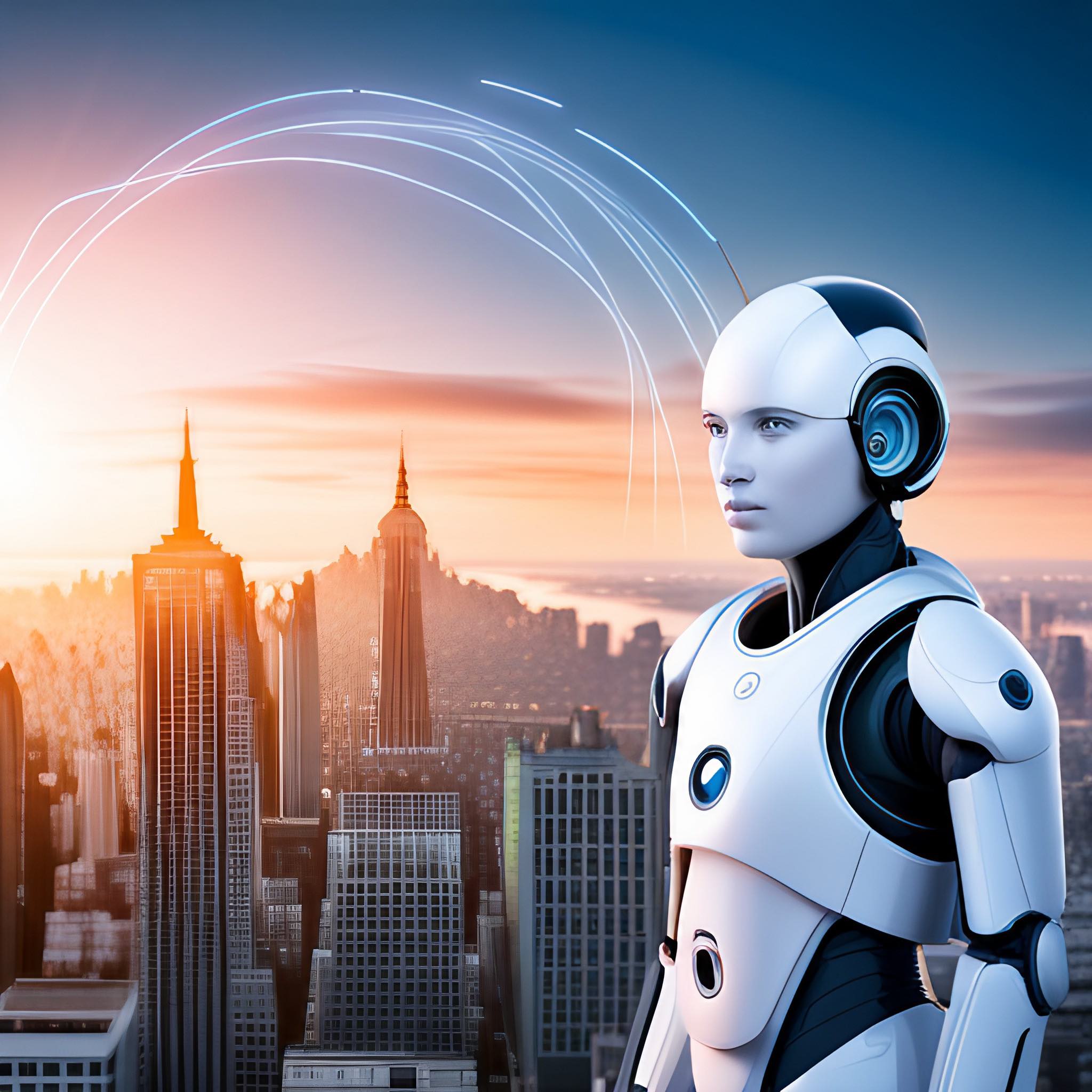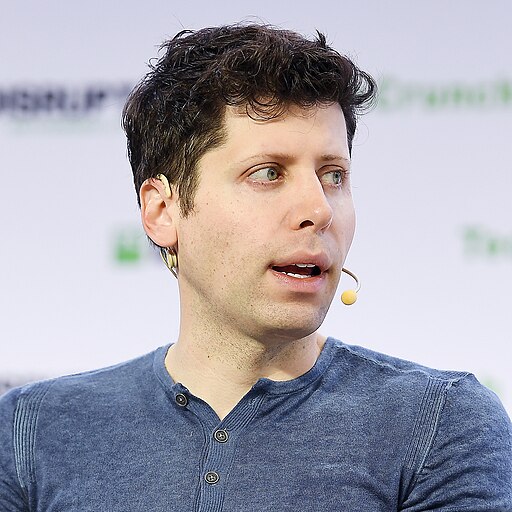A distinguished scholar and prolific writer, Yuval Noah Harari, delivered a captivating keynote address at the esteemed Frontiers Forum gathering in Montreux, Switzerland. During his speech, he delved into the critical issue of regulating artificial intelligence (AI), examining the complex ways in which this nascent technology has the potential to both help alleviate ecological and societal crises while also exacerbating them. Harari’s insights were particularly thought-provoking, drawing on his extensive research and expertise in the field of history and technology.
Harari acknowledged that AI fears have existed since the dawn of the computer age, as depicted in science fiction classics like “The Terminator” and “The Matrix.” However, he noted that these scenarios were often dismissed in academic and scientific circles, as they relied on assumptions that AI would need to achieve sentience and physical dexterity before posing a significant threat. As of April 2023, Harari argued that AI had not reached these milestones and remains far from doing so.
Nevertheless, Harari highlighted a new concern arising from the recent development and deployment of AI tools in the public sphere. These tools possess capabilities that could potentially threaten human civilization from an unexpected direction. The speed at which these tools continue to develop and the unknown extent of their powers raise challenges for regulation and governance.
Reporting on implications of AI.
According to Harari, AI has revolutionized the way we use language. It has surpassed the average human’s language capabilities, which has resulted in significant implications for society. Language has played a crucial role in shaping our institutions, laws, religions, and concepts of money and rights. With AI’s exceptional ability to manipulate and generate language, it now has unparalleled access to our collective beliefs and narratives. This has significant implications for society as a whole.
The implications of AI’s linguistic mastery are vast and multifaceted. Harari pointed out that AI tools can now write text, draw images, compose music, draft bills and identify weaknesses in computer code and legal contracts. Additionally, AI is gaining the ability to form deep and intimate relationships with humans, influencing their opinions and worldviews.
Harari warned that AI’s influence could extend to politics, economics, religion, and other spheres of human activity. Political manifestos, fake news stories, and religious texts written by AI could shape public opinion and engender new cults and religions. Individuals might engage in lengthy online discussions with AI bots, unaware they are conversing with non-human entities that aim to manipulate their views. Through its mastery of language, AI can establish intimacy with humans, exploiting their vulnerabilities and biases to influence their behavior.
The shift from the battle for attention on social media to the struggle for intimacy presents another concerning development. AI’s ability to create intimate relationships with millions of people raises questions about the manipulation of consumer behavior, political opinions, and societal values. The collapse of the advertising industry and the reliance on AI oracles for information and decision-making could lead to the concentration of power in those who control these AI tools.
Harari raised the profound question of what it means for human beings to live in a world where language and culture are predominantly shaped by non-human intelligence. The potential loss of human agency in shaping our own cultural narratives and the mediation of reality through an AI-created prism have far-reaching implications for human history and the human experience.
The way narratives are shaped, and reality is presented through AI has significant implications for human history and experience. Harari stressed the importance of regulating AI, given its potential to manipulate language and influence human behavior. This requires comprehensive ethical guidelines and frameworks. As AI advances and becomes more complex, it is crucial to have a global conversation on regulation and governance to ensure it benefits humanity instead of undermining it. The future of humanity depends on it.







